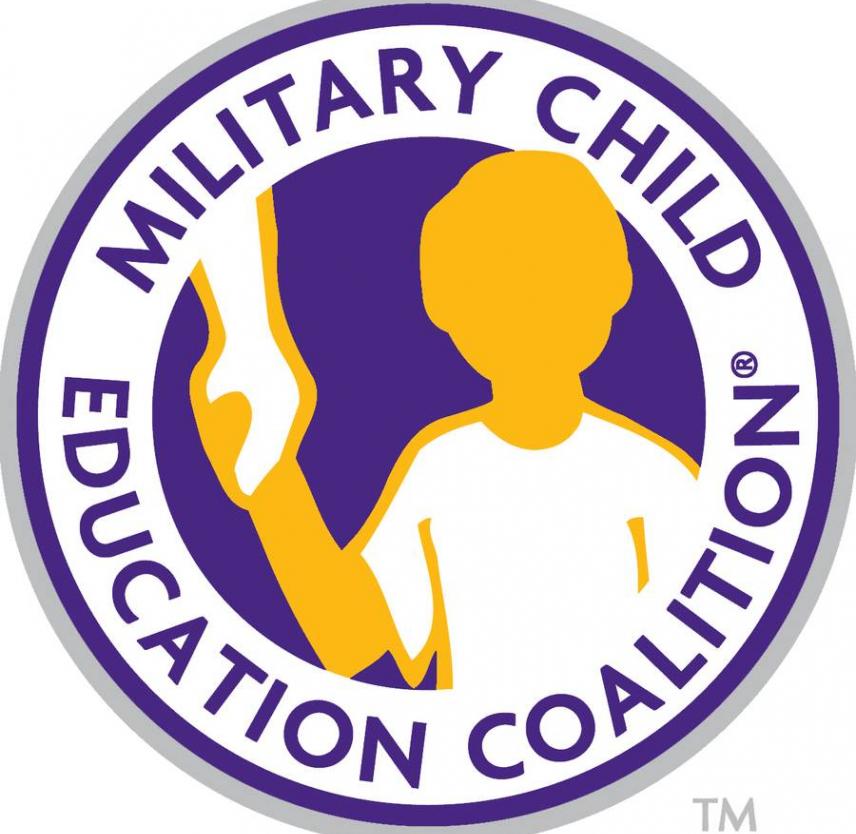
One afternoon, after another move for his post in the military, an Army colonel returned home to find his elementary school son almost in tears. The boy’s class, still attending virtually because of the COVID-19 pandemic, was engaged in a project that involved small groups. The colonel’s son had joined his new school during lockdown so had never met any of his teachers or classmates in person and had yet to make any new friends. No one had asked him to join their group for the project so he sat at the kitchen table taking it on alone.
To date, there are nearly two million military-connected kids whose parents serve now and more than two million kids whose parents are post-9/11 veterans. Military kids live in almost every zip code in the country, many others in foreign countries. Being a military kid, like the colonel’s son, can involve lots of adventures, but also myriad challenges. There are deployments, frequent moves, separations, adjustments, and uncertainty. Disruption in school — academically, socially, and extra-curricularly — can be especially disruptive for a child.
In 1998, outside Fort Hood, Texas, after an informal conversation about the challenges military kids face among a school superintendent, a parent, and a commanding general, the Military Child Education Coalition (MCEC) was formed. With the belief that every military-connected child should be college-, work-, and life-ready, MCEC supports this population of children by educating, advocating, and collaborating to resolve education challenges associated with the military lifestyle. The organization does this by recognizing the social and emotional needs of military children and offering them supports and resources; by empowering parents and other supporting adults with the knowledge to help their children in school and beyond; and by creating a strong community of partners committed to support an environment where military-connected children thrive.
President and Chief Executive Officer Rebecca Porter, PhD remembers a time when she and her husband, now both retired veterans, thought they might retire early because they worried that their then-elementary school aged kids would suffer from the constant moves, changes, and disruptions of being part of a military family. “We worried that as they got closer to high school, they would really struggle,” she says. But as a long-time volunteer and member of the science advisory board for MCEC, she started to review the research from a more personal lens. “We saw how effective the MCEC programs and resources were for other military families and came to feel very strongly that if both the parents and children are supported, little would fall through the cracks.”
Along with their legacy programs — from Student 2 Student, which brings military and civilian students together to welcome new students, create a positive environment, support academic excellence, and ease transitions to the program set up to help teachers and other professionals learn how to identify and respond to the complex needs of military-connected children, MCEC joined several leading non-profit groups in creating the Hidden Helper Coalition in 2022. This new program was created for children who live with an injured veteran parent and includes new resources focused on their needs as well such as varied student leadership opportunities.
Of late, MCEC is also working with Columbia University on a research study to complement MCEC’s advocacy for the Purple Star Schools program, which was created to support military-connected children as they relocate to new schools due to a parent’s change in duty station. To date, the Purple Star School Program is available in 30 states with the hope of expanding to all 50. It serves as a template for all schools to be more accessible, culturally competent, and inclusive to military families.
“We get loads of feedback — especially on social media — from families who benefit from our programs and resources,” says Lisa Witte, MCEC’s director of Marketing and Communications. “Not only are we constantly reviewing and upgrading our current programs based on what we hear from families, but we are also taking their needs — such as those around mental health issues and social and emotional learning — and transforming them into new programs.”
Organization: Military Child Education Coalition (MCEC)
Programs: Education, advocacy, and collaboration to resolve education challenges associated with the military lifestyle. Education programs include webinars, trainings, and professional development as well as peer-to-peer support and advocacy events.
Who qualifies: Military-connected school-aged children, parents, and teachers/school professionals
Status:
- Active Duty Service Members
- National Guard
- Reserves
- Post-9/11 Veterans

